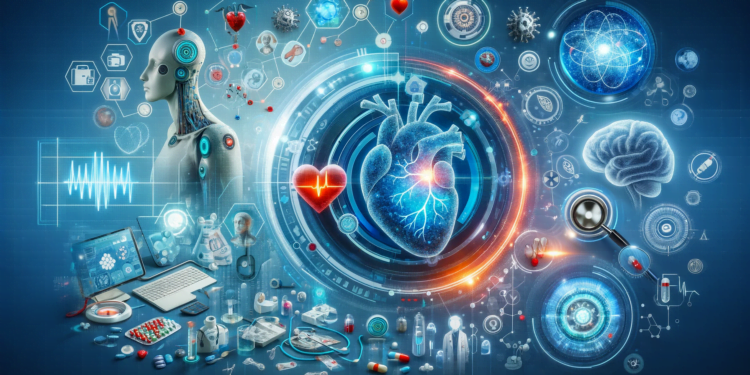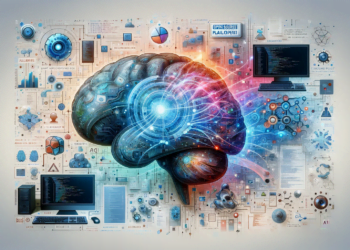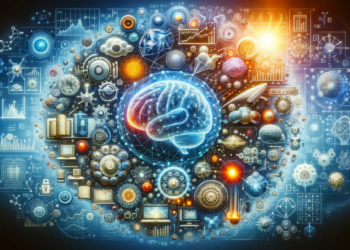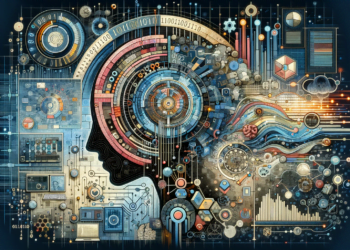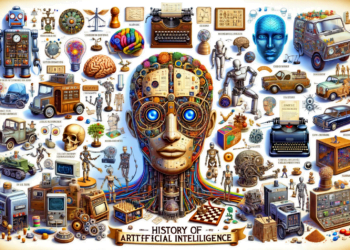Artificial General Intelligence (AGI) represents the aspirational pinnacle in the field of AI, theorizing systems capable of performing any intellectual task as well as a human being. Its foray into medicine and health care promises paradigm-shifting transformations, driven by significant advances and the potential to overcome the limitations of current specialized AI. This text breaks down the underlying theory, recent advances, developing applications, and future projections that shape the dynamic landscape of AGI in the health sector.
Algorithmic and Theoretical Advances
AGI advocates for the development of algorithms with self-learning capabilities, abstract reasoning, and the transfer of knowledge across domains. Algorithms such as those found in deep learning have paved the way, demonstrating skills in pattern recognition and early stages of generalization. However, AGI requires a qualitative leap towards autonomy in decision-making in ambiguous and variable contexts. Recent studies suggest the integration of deep neural network systems with long-term memory architectures and attention mechanisms, aiming to emulate the adaptability and continuity of human learning. Initiatives like OpenAI and DeepMind illustrate progress in this vein, with systems mastering multiple games or solving complex logic problems with minimal human intervention.
Emerging Practical Applications
The initial materialization of AGI in medicine is seen in projects that seek to synthesize and extrapolate in several medical disciplines simultaneously. For instance, systems that learn and improve by interacting with public genomic databases and clinical studies, designing highly personalized treatments. The correlation of genomics with pathological phenotypes and pharmacological responses by AGI could revolutionize pharmacogenomics and precision medicine.
Diagnostic and prediction techniques also advance towards more generalizable tools. AGI algorithms are already being tested to diagnose pathologies in medical images, extrapolating beyond a specific disease or image modality, aiming to detect anomalies even in situations not present in their original training sets.
Pertinent Case Studies
Research like the AGI project applied to the early diagnosis of neurodegenerative diseases demonstrates the ability of widely applicable intelligence systems to overcome the barriers of highly specialized solutions. Systems that access electronic health records, genetic information, biomarkers, and lifestyle habits to establish predictive patterns and disease progression, illustrate a significant step towards applied AGI.
Another foray is the automation of the patient’s clinical trajectory, managing everything from admission to discharge with AI capable of predicting resource needs, optimizing surgical times, and personalizing postoperative care. This type of AGI system integrates, analyzes, and acts on heterogeneous and constantly changing data, a microcosm of comprehensive health care.
Comparison with Previous Work
In contrast with more conventional artificial intelligences, AGI does not seek to solve specific problems at high speed or with high efficiency, but rather new and unanticipated situations through the extrapolation and cross-applicability of knowledge. A distinctive example of this is the transition from rule-based expert systems to cognitive entities capable of modifying their own knowledge networks and adapting, a horizon still under development compared to current specialized AIs.
Projection to Future Directions and Innovations
Looking forward, the next step in achieving a true AGI applied to the health sector will involve the challenge of navigating stages of clinical trials to validate its effectiveness and safety. Moreover, the development of ethical frameworks and governance for AGI in clinical settings will be crucial, balancing transformative potential against risks of excessive autonomy.
The conception of new neural architectures, the emerging methodologies of transferable and reinforced learning, as well as the exponential increase in computing power and the availability of health data, will shape the advancement towards a truly integrative and revolutionary AGI in medicine.
Conclusion
Addressing AGI through the lens of its application in medicine and health care unveils a horizon of possibilities that extend beyond current practice. From the redesign of pharmacology to the integrated management of health services, the promise of AI with generalized and integrated abilities brings a profound reconfiguration of health care, supporting a future where healthcare is more predictive, preventive, and personalized. The convergence of disciplines, the accumulation of recent advances, and the arduous task of validation and regulation weave together the fabric of this ambitious and disruptive project, which undoubtedly tests our collective wisdom at the dawn of a new medical era.

